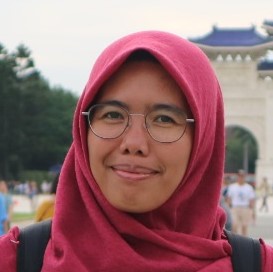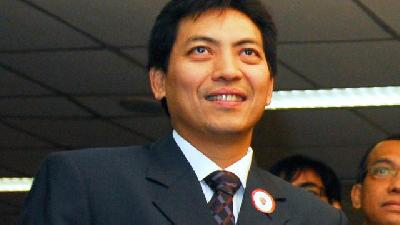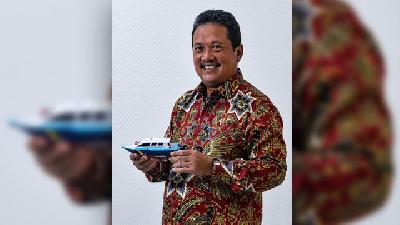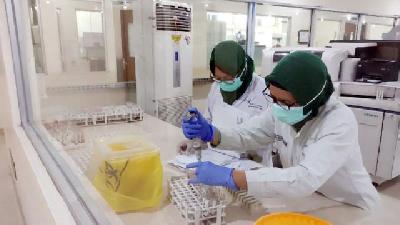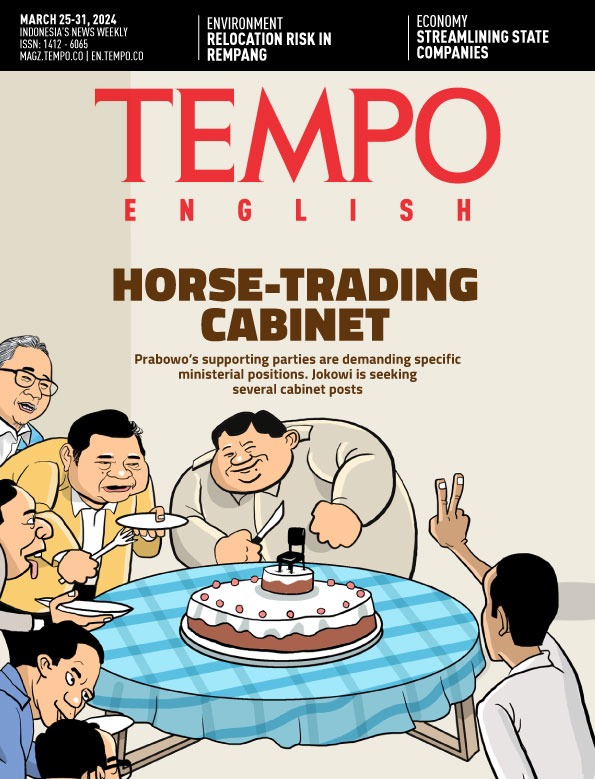The Mathematics Expert Who Changed a Village
Monday, March 1, 2021
Munaldus Nerang grew up in an ultra-poor community. He established a village credit cooperative to improve his neighborhood.
arsip tempo : 171361508091.
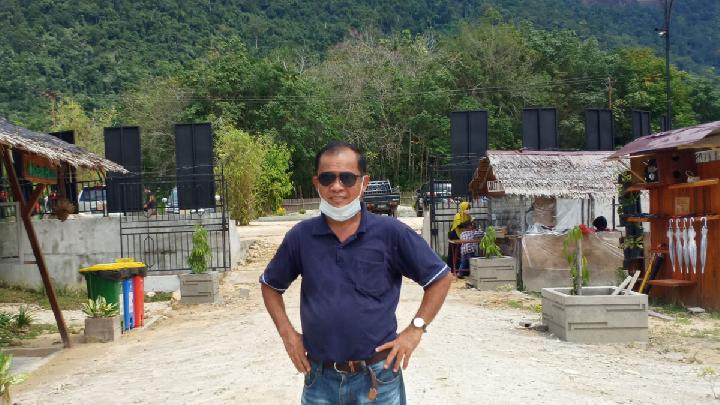
THE three-storey shop-house is not big. Its width is less than five meters across. An automated teller machine (ATM) stands in front of the building which houses the Keling Kumang Credit Union Pontianak Branch. This office is one of 65 Keling Kumang Credit Union branches. The other units are dotted all over the eastern part of West Kalimantan.
With 187,631 members, the cooperative now boasts assets totaling Rp1.6 trillion, with monthly new loans
...
Subscribe to continue reading.
We craft news with stories.
 For the benefits of subscribing to Digital Tempo, See More
For the benefits of subscribing to Digital Tempo, See More




